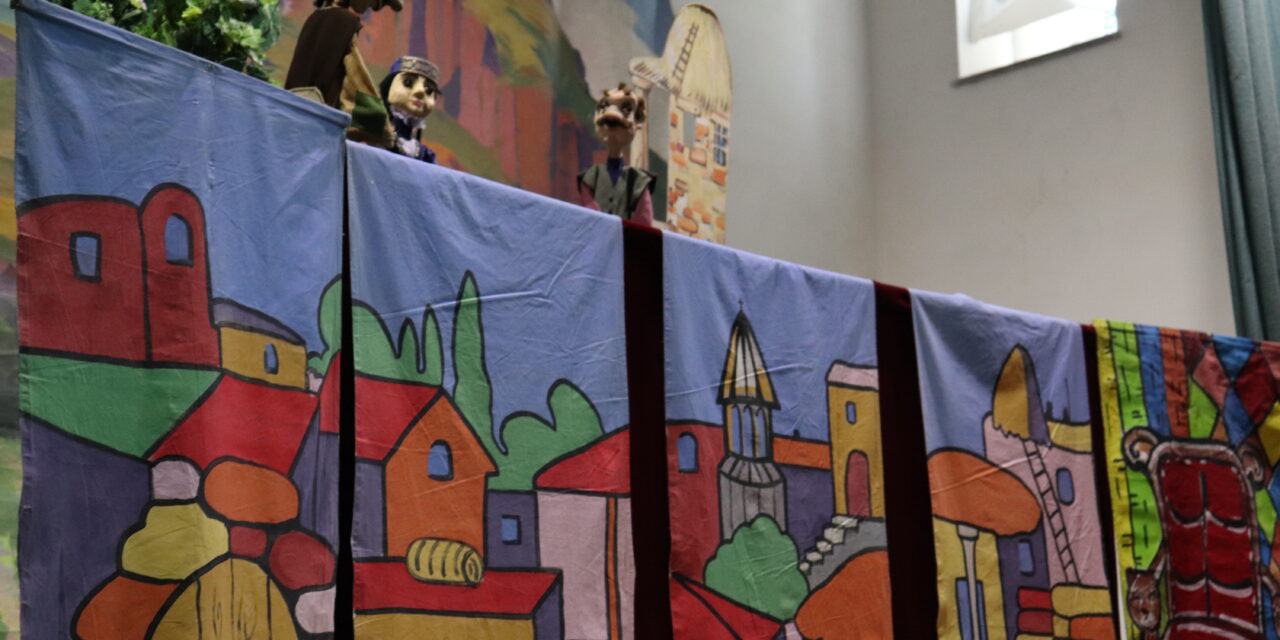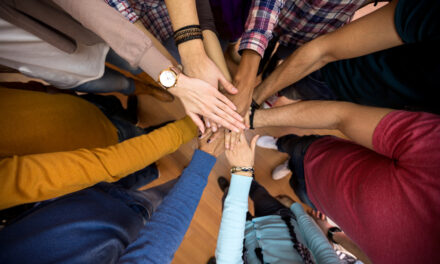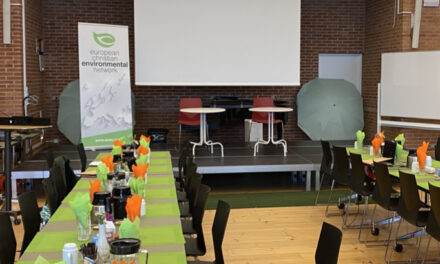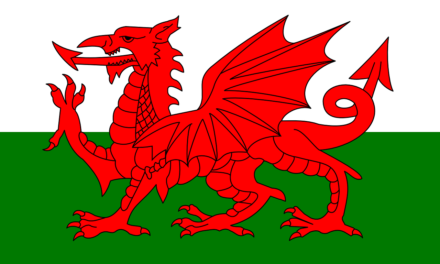This is a guest article by Arutyun Karapetyan, Programme Officer at the WCC Armenia Interchurch Charitable Round Table Foundation.
The principle question we have to answer ourselves is what we, as Christians, can do together in the face of growing violence, aggression, exploitation, mistrust and terror. While a peace-loving rhetoric has prevailed in international organizations and on intergovernmental level, the media and reality send us a daily torrent of what could be called a systematic “aestheticisation” of violence, which has become structural and systemic. Have you ever asked yourself what peace or peace building is and how it works in the 21th civilized century? According to widely used definitions peace building is the development of constructive personal, group, and political relationships across ethnic, religious, class, national, and racial boundaries. It aims at resolving injustice in nonviolent ways and transforming the structural conditions, which generate (deadly) conflict. In today’s turbulent world, working in conflict and for its transformation becomes very complicated because of several components.
30 years of “no war no peace” situation between Armenia and Azerbaijan, and structural changes during 2020 in Armenia due to the aggression of Azerbaijan and Turkey, which took thousands of lives, shaped new perceptions among people. The war initiated by Azerbaijan and Turkey increased war rhetoric and propaganda significantly. For the people living under these conditions, the absence of peace seems normal and inevitable. Latest developments in Nagorno-Karabakh and Armenia showed what pro-genocide policy is capable of and what can await those who close the eyes to tragedy in their own countries.
In this a vicious circle, the World Council of Churches Armenia Interchurch Charitable Round Table Foundation (WCC ART) developed and built expertise in civil society peacebuilding and conflict transformation approaches for the young people with special focus on rural youth living in unrest bordering area. ART always values non-formal education; in addition to formal education. In peacebuilding matters, non-formal education proves to reach different and potentially more people It helps to develop and improve a range of skills and competences for the young generation. Experience has shown that peacebuilding courses and programmes and all other efforts for conflict transformation and peace must be mirrored by both parties to the conflict. Without the full participation of both sides, these processes do not work and civil society was powerless in the face of the hellish war in 2020.
Speaking about ART’s experience in non-formal peace education, it should be underlined that courses on conflict transformation were successfully developed and implemented by the two leading Armenian universities (Yerevan State and Russian-Armenian universities) as mandatory parts of curriculum for Master’s degree students of International relations department. ART gave the students an opportunity to learn and shape the identity of future diplomats, negotiators and problem solvers. The education component has been recognized as the most effective and suitable, courses reached to youngsters living in Armenia’s bordering regions as well. Education always plays a key role in promoting values for peace and commitment to engage in responsible individual and cooperative actions.
Content of the training was based on promoting opportunities for young people to transfer their basic knowledge concerning the origin and legitimacy of conflict development into analytical skills for assessing conflict situations. Young people learn to make a creative contribution to conflict transformation by applying non-standard and innovative thinking. The training aims to change attitudes towards conflict perception as well as towards the positive transformation of the conflict and develop non-conflict social and practical skills. One important outcome is that there is a good chance that other organizations, foundations and further institutions in the region will continue to offer these courses to young people in Armenia. They have offered to hold conflict transformation training in their organizations as well, which was carried out on a voluntary basis by ART before.
Almost 30 years passed between the ceasefire agreement between Artsakh (Nagorno-Karabakh), Armenia and Azerbaijan and the moment, when Iham Aliyev, President of Azerbaijan, supported by Recep Erdogan, Turkish President, and involving jihadist mercenaries, decided to attack again Armenians in Artsakh. Armenians defended their God-gifted right to live peacefully in 1990s and in 2020. Now, Aliyev declares the conflict is solved but it’s not. The guns are silent now but the peace has not come completely yet. Most probably, it will not come as long as one side wants to swap the other from earth, destroys churches, keeps prisoners of war, creates a “trophy park” with helmets of killed Armenian soldiers, figures of Armenians in humiliating positions, and attacks sovereign territory of Armenia and aims at grabbing more land. Peace building is a two-way road. Decades pass, the perception of peace and peace building changes. Tomorrow, the concept of “peace” might be different than today. Today it is different than it was 70 years ago. The environment Armenians live in and the history they experienced maybe prompts to always remember the Latin adage “Si vis pacem, para bellum” and build peace based on this approach.
In the 21st century of limited resources, we need to nurture the boundless energy and creativity of young women and men to tackle complex new challenges. New generations should imagine and know how to act with differences and conflicts in international contexts. Most importantly, peace skills should be promoted as academic excellence and as skills, which can humanize education in global contexts. In this complex and violent world, Churches have come to recognize that working for peace constitutes a primary expression of their responsibility for the life of the world.
*The photo shows a puppet theatre for children that the Foundation organized in Movses, a village in the border region to Azerbaijan.
This article has been written by Arutyun Karapetyan, Programme Officer at the WCC Armenia Interchurch Charitable Round Table Foundation.





